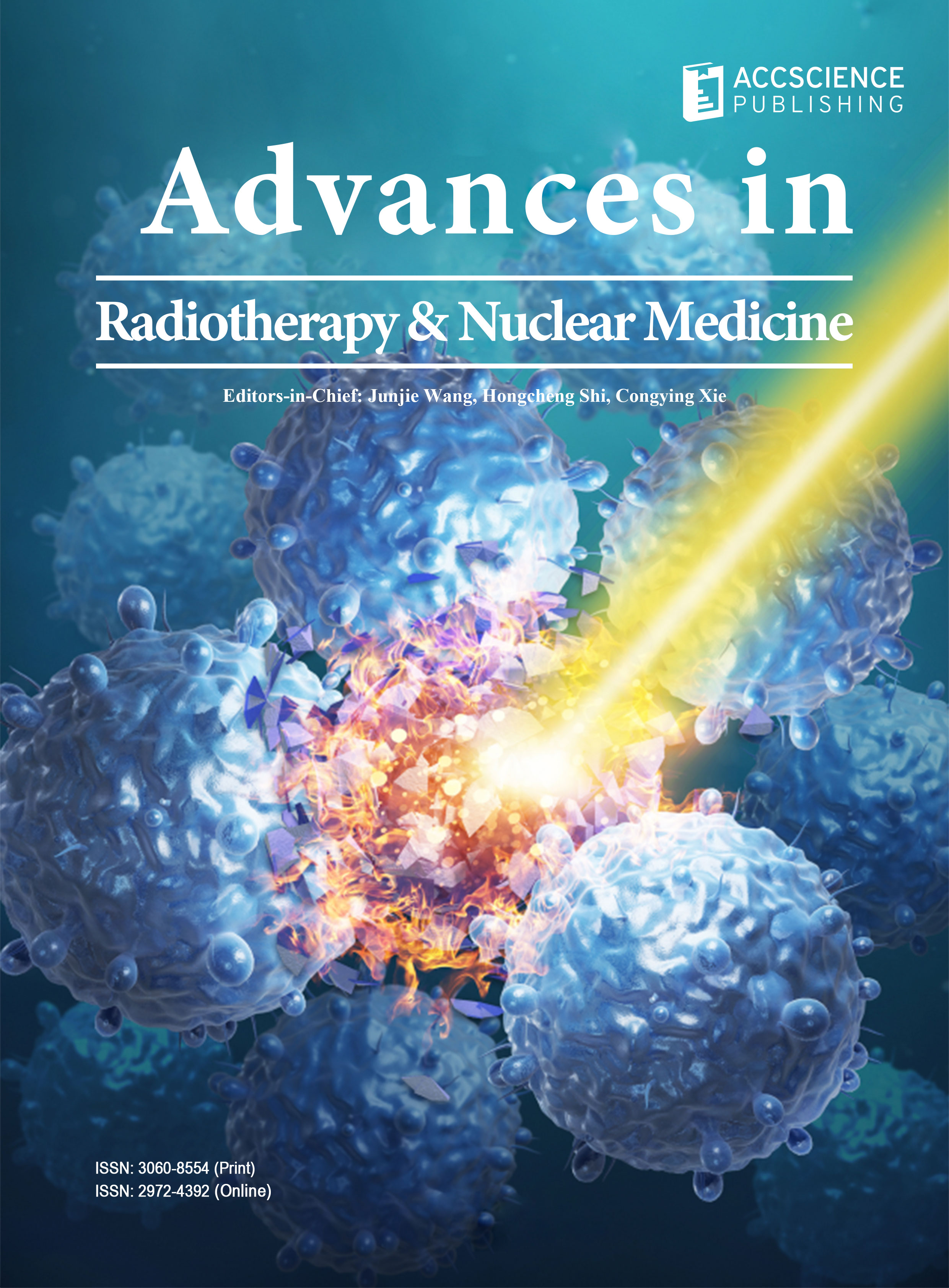Dear Colleagues,
In the ever-evolving landscape of medical science, the progress and innovations in radiotherapy play a pivotal role in reshaping the landscape of cancer treatment. This special issue serves as a dedicated platform to consolidate and showcase the latest advancements and cutting-edge research on emerging technologies in radiotherapy. The primary objective is to illuminate the transformative potential of these technologies in augmenting treatment efficacy and elevating patient outcomes to unprecedented levels.
We welcome contributions that span the entire spectrum of emerging technologies in radiotherapy, with a particular emphasis on pushing the boundaries of current knowledge. Topics of interest include, but are not limited to:
- Novel Treatment Modalities: Exploration of ground-breaking radiotherapy techniques and methodologies that have demonstrated promise in pre-clinical and early clinical studies.
- Technological Integration: In-depth analyses of the integration of artificial intelligence, machine learning, and data analytics in optimizing radiotherapy protocols, highlighting real-world applications and successes.
- Precision Medicine: Comprehensive reviews of the latest developments in precision medicine, focusing on individualized approaches and targeted therapies to enhance treatment precision and efficacy.
- Imaging and Dosimetry Advances: State-of-the-art developments in imaging technologies and dose delivery optimization, with a critical examination of their impact on treatment planning and execution.
- Patient-Centric Innovations: Exploration of technologies designed to enhance the overall patient experience during radiotherapy, including strategies to improve adherence, mitigate side effects, and prioritize patient well-being.
The Special Issue seeks to provide an up-to-date synthesis of the current knowledge on emerging technologies in radiotherapy. This includes a critical assessment of recent breakthroughs, challenges encountered, and future directions. The aim is to offer readers a comprehensive overview of the rapidly evolving field and inspire further research endeavours.
We invite researchers, clinicians, and innovators to contribute to this special issue, fostering collaborative efforts towards improving radiotherapy outcomes and ultimately advancing cancer care.
Dr. Mihai-Teodor Georgescu
Dr. Dragos Georgescu
Guest Editors



